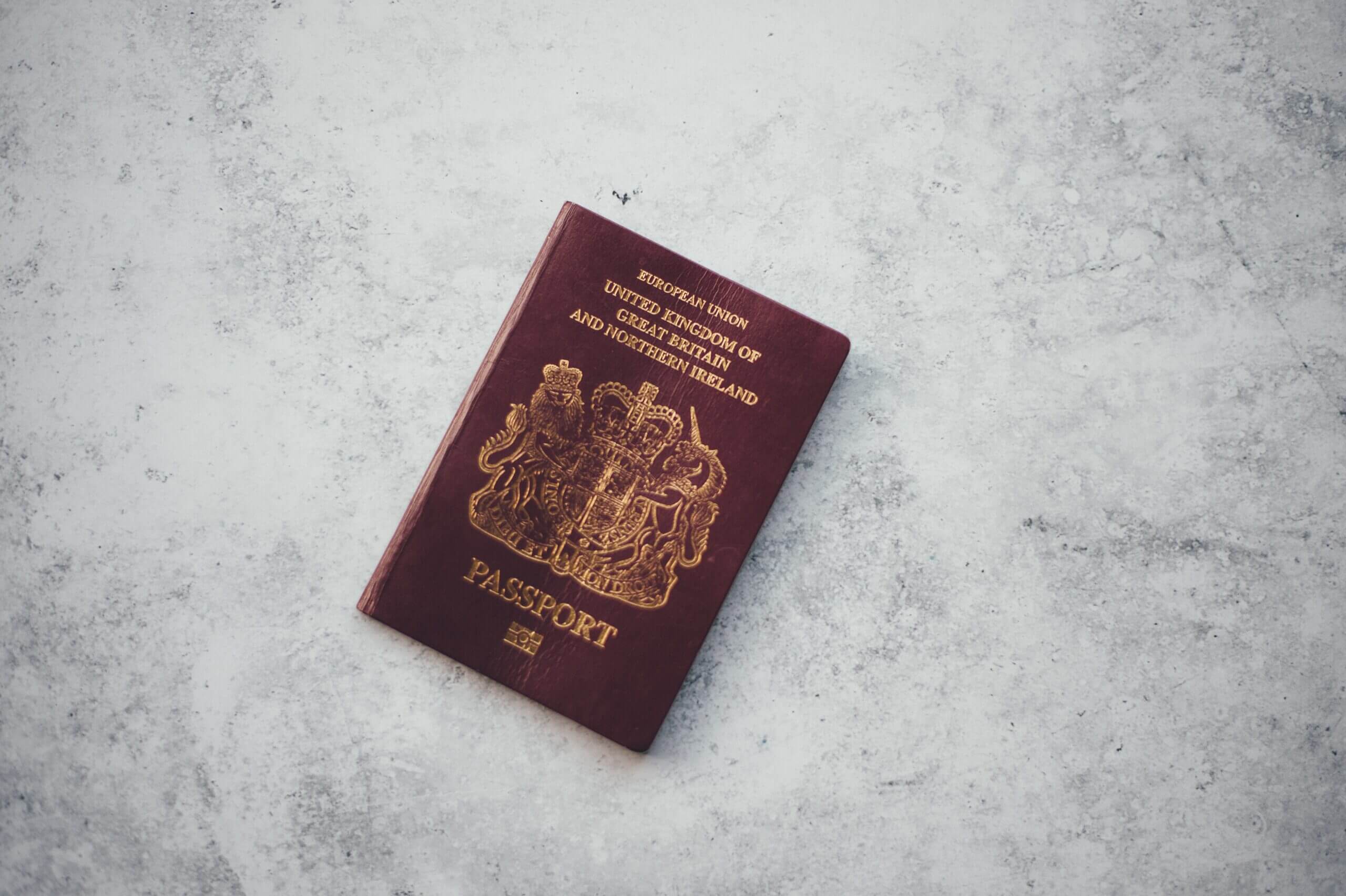
Fact Sheet for Employers on the new points-based Immigration System
On 1 January 2021, free movement for EU migrants will end and the UK will introduce a new
immigration system which uses a points-based system to assess whether an Non-UK Citizen can live and work in the UK. In February 2020, the Government published a Policy Statement on the UK’s Points-Based Immigration System. On Monday 13 July 2020, the Home Secretary set out further details of the system and how it will operate in practice.
While the further information document published by the Government runs to over 130 pages, we have set out some key elements of the new system that our clients who employ, or are planning to employ, EU or non-EU citizens should be aware of.
General Comments
- Under the new system, all EU and non-EU citizens will be treated equally. Irish citizens will continue to be able to enter and live in the UK as they do now.
- Workers wishing to work in the UK will need to gain 70 points under the new system.
- There will not be a general route for employers to recruit at or near the minimum wage.
Sponsorship
- A sponsorship requirement will apply to the Skilled Worker route, the Health and Care Visa and to some specialised worker routes. Specific requirements will vary between routes.
- The current cap on the number of Tier 2 (General) visas (the current route for skilled workers) will be suspended and there will be no limit on the numbers of skilled workers who can come to the UK.
- Existing sponsorship controls will still apply as to who is able to obtain a sponsorship licence. For most work routes, sponsors must undergo checks to demonstrate
a. they are a genuine business;
b. they are solvent; and
c. the roles they wish to recruit into are credible and meet the salary and skills requirements. - Existing Tier 2 sponsors will be automatically granted a new Skilled Worker licence with an expiry date consistent with their current licence and will receive the appropriate allocation of Certificates of Sponsorship.
- Sponsors will no longer have to undertake the Resident Labour Market Test.
- Sponsors must pay a licence fee (and an Immigration Skills Charge, where required) of £1,000 per skilled worker for the first 12 months with an additional £500 charge for each subsequent 6 month period. Small and Medium Enterprises and Charities will pay a discounted rate of £364 per sponsored worker per year.
- Sponsors must act and behave in a way which is conducive to the wider public good.
- Security checks may be required.
Skilled workers
- Skilled workers will be able to obtain a UK work visa if they earn 70 points.
- In order for a skilled worker to work in the UK, they must meet the following mandatory criteria which will give them 50 points:
a. The applicant must have an offer of a job from a licensed sponsor (20 points);
b. The job must be at or above the minimum skill level: RQF3 level or equivalent (A-level or equivalent qualification). Workers will not need to hold a formal qualification. It is the skill level of the job they will be doing which is important. (20 points)
c. The applicant must speak English to an acceptable standard (level B1 (intermediate/AS-Level)) (10 points); and
d. The applicant must pass the relevant UK criminality checks. - Skilled workers must then obtain a further 20 points which are “tradeable” points through a combination of points for their salary, a job in a shortage occupation or a relevant PhD. By way of example an applicant will achieve the extra 20 points if:
a. The applicant is paid a salary of, either, £25,600 or the “going rate” for their particular job (if higher);
b. At least £20,480 where their job offer is in a shortage occupation or they have a PhD qualification relevant to the job. - The minimum salary rules may differ in certain health or education jobs or for “new entrants” at the start of their career (e.g. those under age 26 or switching to the Skilled Worker route from the Student or Graduate route), subject to the minimum salary £20,480.
Shortage Occupations
The shortage occupation list includes occupations such as civil, Mechanical and Electrical engineers, web-design and development professionals, Medical practitioners, Occupational therapists, Nurses, Quantity Surveyors among many others.
The current shortage occupation list can be found at: https://www.gov.uk/guidance/immigration-rules/immigration-rules-appendix-k-shortage-occupation-list
Further Information
The Annexes to the Government’s Further Details document contains more specific information regarding:
- Application Fees Based on Current Fees and Charging Structure;
- Occupations and PhD points;
- Health/Education Public Service Occupations and National Pay Scales;
- List of Professions that currently qualify for the Health and Care Visa; and
- Eligible occupations and going rates for the Skilled Worker route.
The Government’s Further Details document can be found here: https://assets.publishing.service.gov.uk/government/uploads/system/uploads/attachment_data/file/899755/UK_Points-Based_System_Further_Details_Web_Accessible.pdf
Disclaimer: General Information Provided Only
Please note that the contents of this article are intended solely for general information purposes and should not be considered as legal advice. We cannot be held responsible for any loss resulting from actions or inactions taken based on this article.
Insights
Latest Insights



Request a call back
We’ll arrange a no-obligation call back at a time to suit you.

